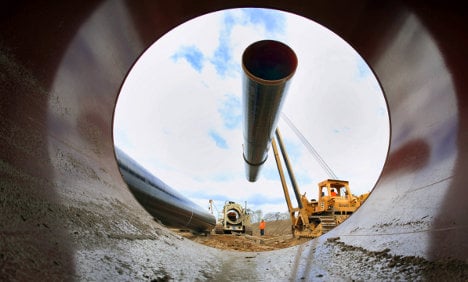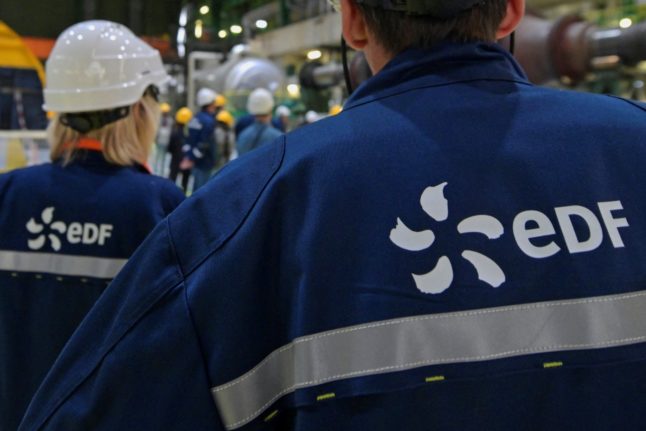The 1,224-kilometre (760-mile) undersea pipeline is due to start pumping gas by the end of the year, the consortium said in a statement.
“Europe will soon have the security of the privately-financed, €7.4 billion ($10.9 billion) Nord Stream project providing a fixed link between the European gas grid and some of the world’s largest gas reserves in Russia for at least 50 years,” Nord Stream’s managing director Matthias Warnig.
In 2012, when the second pipeline has been completed, Russia will be able to pump 55 billion cubic metres (1.9 billion cubic feet) of gas per year to consumers in Western Europe, according to the consortium.
The consortium is a joint venture between the Russian energy giant Gazprom, the German firms BASF and E.ON, the Dutch firm Nederlandse Gasunie and the French GDP Suez.
Gazprom controls a fourth of the world’s gas reserves and is responsible for about eight percent of Russia’s gross domestic product. It provides a quarter of all the gas consumed by Europe.
Nord Stream links the Russian city of Vyborg and Greifswald in Germany, running through Russian, Finnish, Swedish, Danish and German waters.
The pipeline has been laid out in three sections which must still be connected before pressure tests are carried out over the summer.
“In July the gas will be put into the pipeline and in October-November our European customers will get gas,” Russian Prime Minister Vladimir Putin said in April in Denmark.
It is hoped that the pipeline will avoid a repetition of supply problems in recent years when bilateral rows, notably between Russia and Ukraine, affected delivery of Russian gas to Europe.
Poland and the Baltic states have long expressed concern over the project, fearing they will be left alone when bargaining with Russia for their own overland gas deliveries. Critics claim the Kremlin uses its energy clout as a political tool.
AFP/mry



 Please whitelist us to continue reading.
Please whitelist us to continue reading.
Member comments